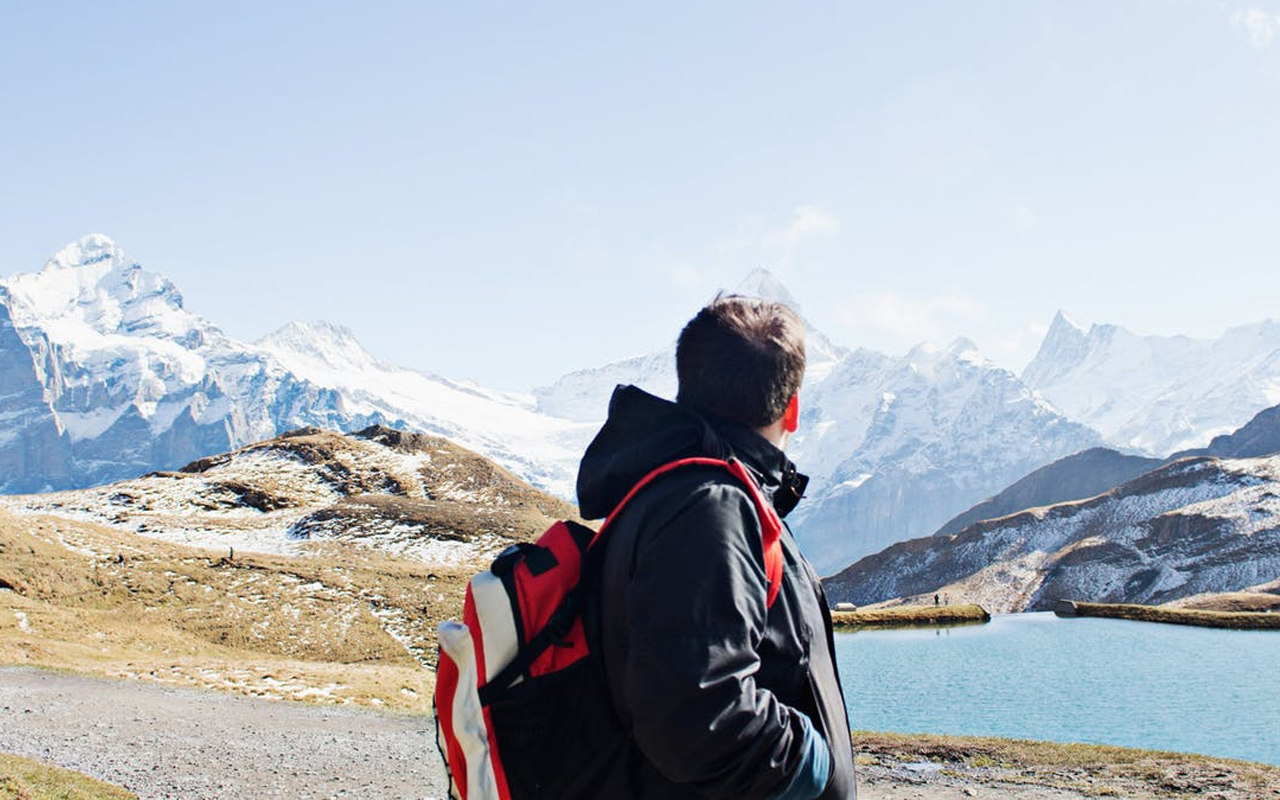Backpacker lifestyle is obsessive; once you start enjoying the mores of traveling and trekking, there is no going back. I still remember my first backpacking trip, when I went on a short expedition with a group of friends. We pitched our own tents, prepared food, and danced around a bonfire to make the most of the moment.
While on our way to explore the hidden lake next day, we lost our way and were struggling in the dark without any light and rain gear. Well, we somehow managed to cope our way out, but the day made me realize the importance of backpacking essentials that are now a part of my EDC.
The bitter experience is still profound in my memory but not at all a deterrent to restrict me from venturing out on new routes. For anyone like me, before embarking on a new backpacking journey, you must take into consideration a number of factors including the ongoing season, your personal fitness, camping gear, food, clean drinking water, overall weight of backpack, and much more. The latter is the most important aspect while going on an adventure as it decides your mileage on a trek.
One must ensure that they travel light and choose a minimal amount of gear. I’d personally recommend you fill up your bag with items that are of utmost necessity and don’t overload your backpack. If you are still muddled with what to carry and what to leave, below is the curated list of backpacking essentials an amateur traveler must carry in summer.
Tent is where it all starts
Unless you plan to stay in rental accommodation, a tent is the first thing you should carry with you. It not just keeps you safe from adverse weather but also offers protection from wild animals. Inside the tent, a sleeping bag or a mattress is necessary, which will keep you at bay from bugs and insects.
Food and water to keep your belly full
Food and water add considerable amount of weight to your backpack, so one has to be really careful with the quantity and what you carry. Ensure you carry adequate amount of food that is nutritious and has a longer shelf life, but doesn’t add too much to the backpack’s overall weight. Chocolate and energy bars are great for trekkers. Adding drinkable water to stock will also be appropriate to begin with, whereas, you can refill the bottle on the way with fresh, consumable water (preferably thus, carry a filter water bottle).
Headlamp or torch as a guiding light
When out in the wilderness, you must have a light source handy. It will help you find your way through and keep the predators at bay. Most of the backcountry travelers prefer headlamp as it keeps their hands free for other tasks. You can also rely upon a portable flashlight, but make sure it is solar-powered to assist you throughout the trip.
Navigation tools to keep you on the right track
While on a backpacking trip, it is important that you stay on the right path. One wrong trail and you can be in the preying territory. While you can’t always rely on GPS-powered mobile apps for help in the great outdoors, the most effective alternative is to go old school and trust a printed map and a compass. A map would keep you on the right path and a compass could be your life-saving luminary, in case you’ve lost your way. Both map and compass will occupy very little backpack space.
Personal care and hygiene is imperative
If there is one thing that the recent pandemic has taught us, it is the importance of staying clean. Maintaining good hygiene is imperative in the wilderness as well. You won’t find towels, soap, or sunscreen in the wild, so carry them with you. Personal hygiene essentials like toothbrush, toothpaste, toilet paper, and hand sanitizer can easily fit in the outer pockets of your bag and shouldn’t increase the overall weight by much.
First-aid kit for emergencies
Wilderness is no La-La land. There will be mosquitoes that will suck every tinge of blood out of you. Next time when you plan on embarking into the barren, make sure to carry a first aid kit. It is one of the most essential parts of backpacking essentials. From alcohol swabs to adhesive bandages and general medication to mosquito repellant, the first aid kit should contain items to sustain the most common backpacking injuries, allergic reactions, blisters, sunburn, and insect bites.
Don’t forget to carry slippers and socks
Slippers are lightweight yet necessary as an extra footwear option. When you are in a camp, a pair of slippers allow you to relax your feet after a long day’s grilling in hiking boots. Additionally, you’ll probably won’t have much time to wash clothes in your backpacking escapade. Thus, along with the clothing change, do pack extra pair of socks and briefs.
Sun protection gear wins the day
To ensure you don’t lose much energy under the scorching heat or return home all bruised and burnt in the harsh sun; sun protection gear is essential during a summer backpacking trip. Carry a hat, pair of sunglasses, and a high-protection sunscreen with you. Try and opt for light-colored and long-sleeved clothes for the journey as they reflect heat and keep you cooler throughout.
